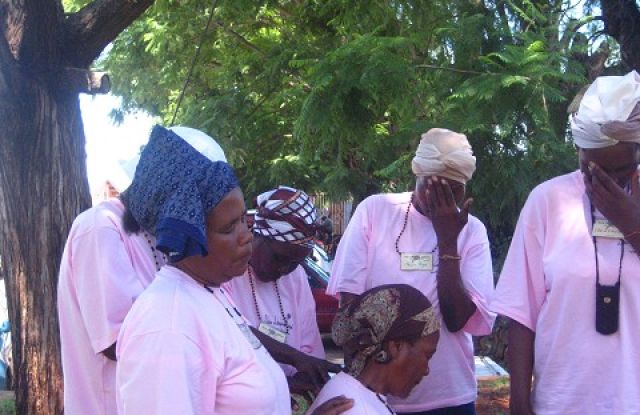In the nineties, there was a phrase that surfaced in pop culture and was made famous by athletes – “my bad.”
Those two little words represented a shift away from a timeless tradition in the human race – passing the buck. Instead of shirking responsibility, people started saying, “My bad” when it really was their fault.
I’ve made my share of mistakes, things that I’d rather sweep under the rug. But I’ve come to realize how important it is to admit them. My weaknesses and my failures make me human. They make approachable. So, I’ve quit hiding so much.
We need this in our culture. We need to learn how to accept responsibility. When we do this and quit making excuses, it takes the tools of the Enemy out of his hands. Instead of arguing for the right to be right, we can go low and maybe even save a relationship.
This is a no-brainer in a lot of the business world. People don’t get ahead by blaming other people; they get ahead by working harder and accepting responsibility when others are too afraid to stand up for something.
Robert Bruner, Dean of Darden School of Business where I got my MBA, writes in his blog:
“The secret to persistence is the capacity to own one’s mistakes. It is exam time at Darden. Mistakes will be made. Students can freeze at this thought. But the advice of Wynton Marsalis is apt: ‘Hit it again’–accept the possibility of mistakes and the opportunity to learn from them. Then move on and grow in wisdom.”
We started ingraining this into our AIM leaders recently, and it’s been the difference between a ministry leader who is a tyrant and one who is a servant.
If you’re a leader, I highly recommend that you model this for those under your influence. This practice of accepting responsibility and owning one’s mistakes can transform an organization, church, or business.




good blog, seth.
Amen, Seth!! God taught me that truth in a powerful way a few years back. I was working with young people struggling to heal from abusive and neglectful pasts. It was so much more healing and teaching for someone who has been blamed and put down to see and learn that adults make (and can apologize for) mistakes too, and the kid may be right, than that they are always to blame :-). It empowers them and brings the kingdom principles of Matt 18 to reality. Thanks for reminding us all of that…
-Diana
thank you, Jennifer and Diana. the encouragement is always great.
This is so true.
This past semester at college I was fortunate enough to have been in a class with a professor who decided to go out on a limb and rebel against the typical educational scenario where centralized power resides with the teacher. In an attempt to demonstrate egalitarian society, she would own up to her mistakes, working with us rather than against us. It didnt make me think less of her. It changed my life. In fact, it changed the lives of everyone in the classroom. Having come from an abusive, totalitarian home, she taught me what it really means to be in an equal relationship. Now, I’m able to see inequality in my relatinoships and stand up for myself.